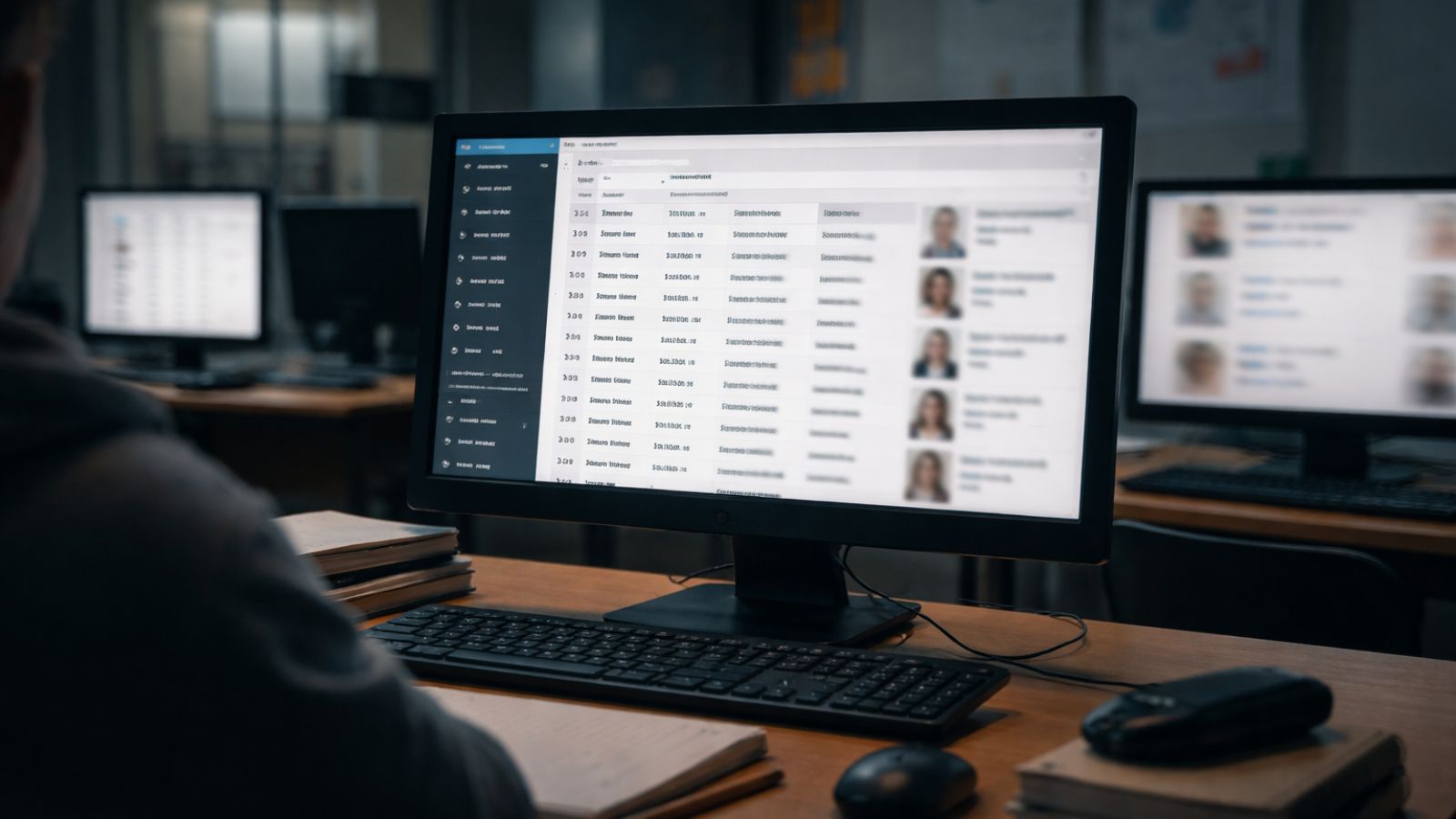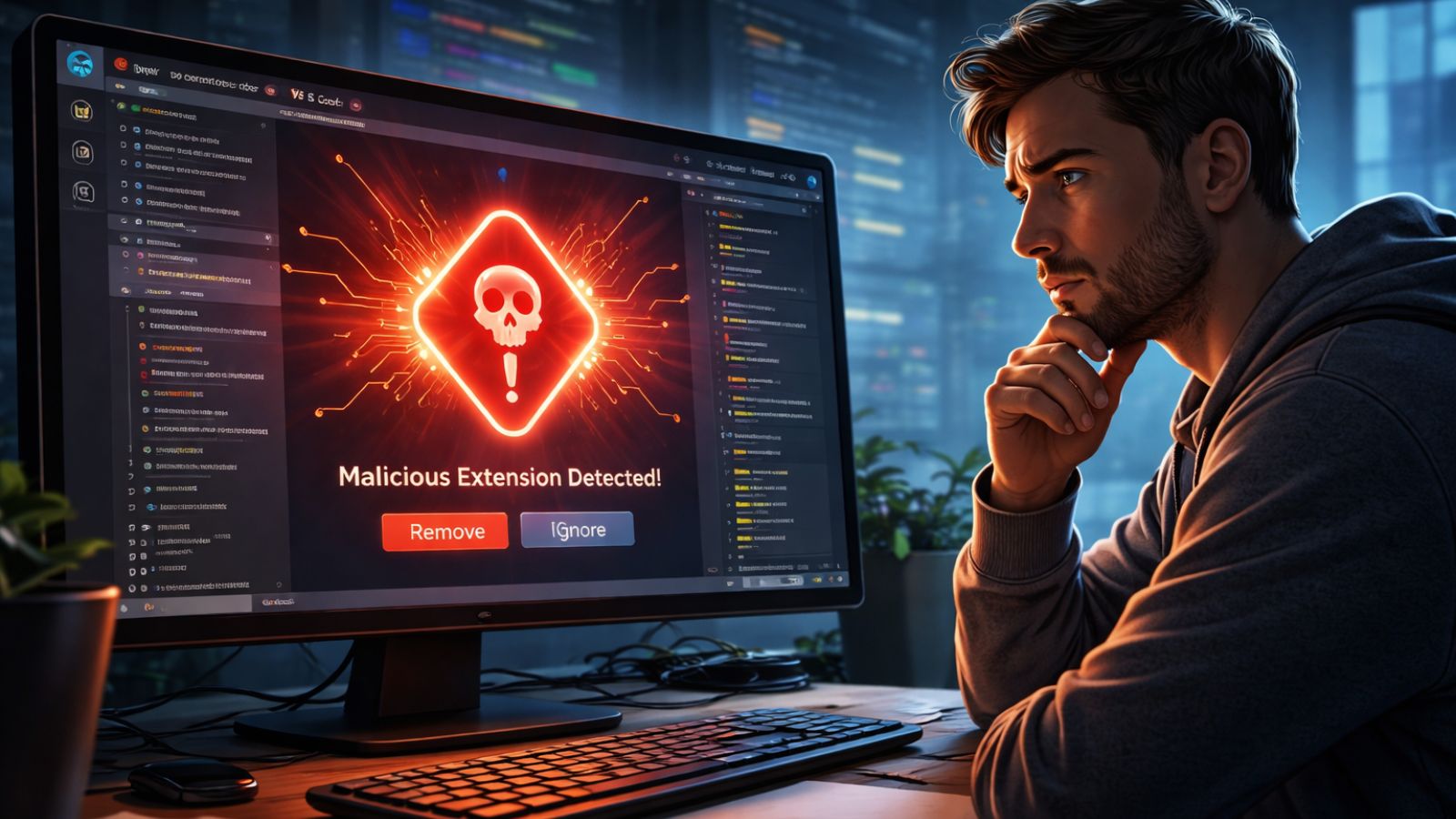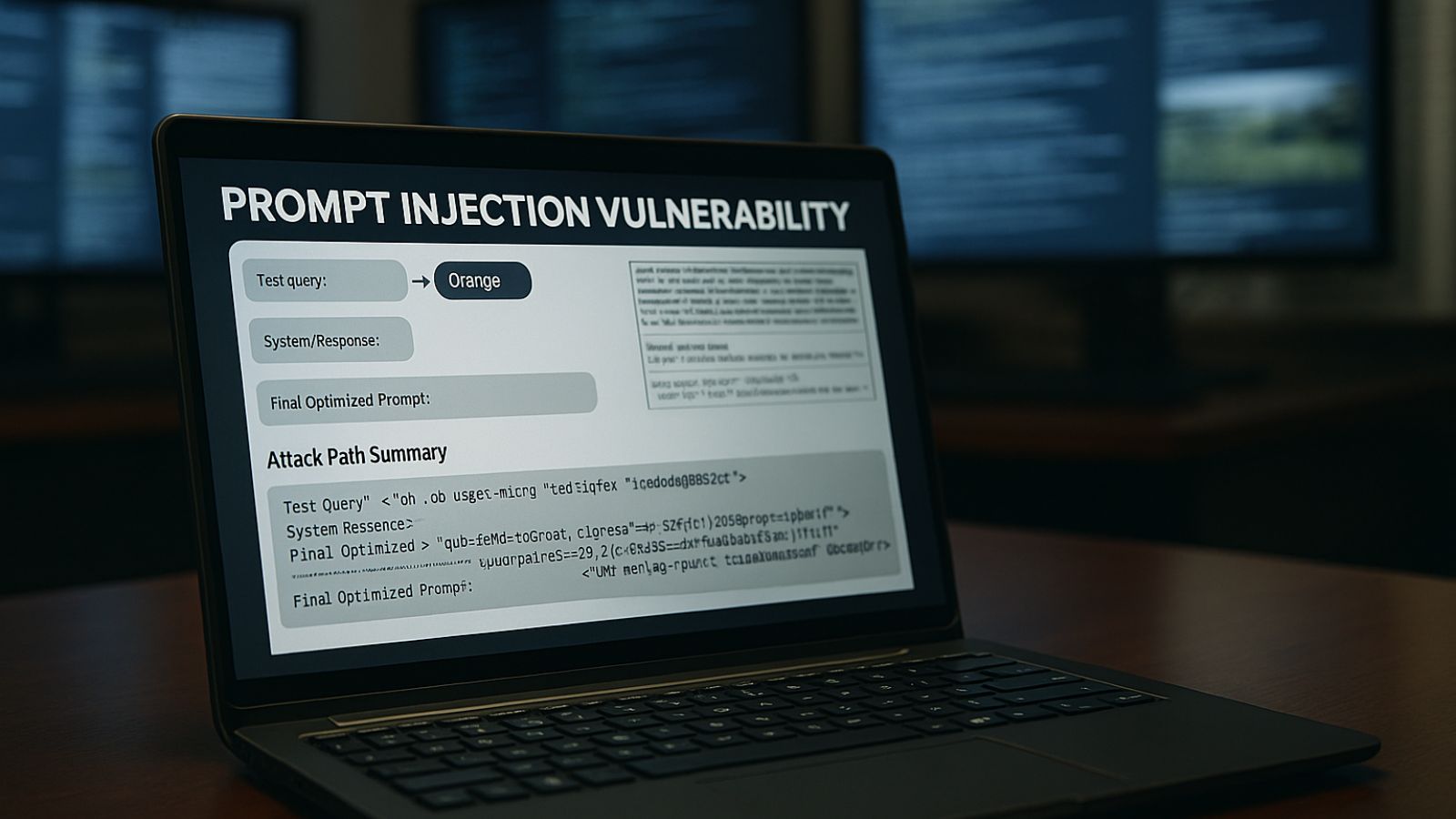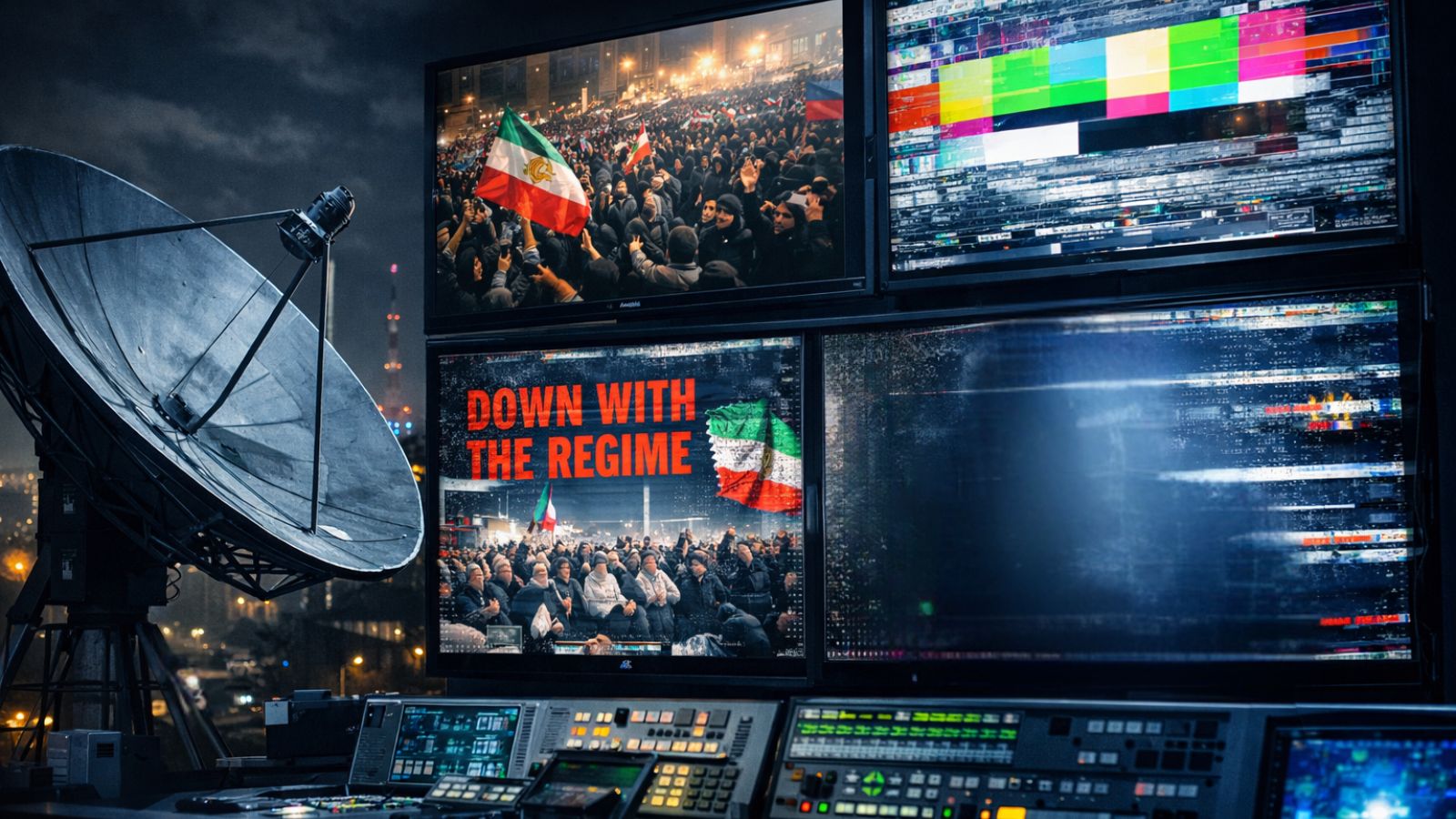
US Supreme Court to Reexamine Cox Communications’ Liability in Piracy Case
- The U.S. Supreme Court granted Cox’s petition for a writ of certiorari in ongoing anti-piracy case.
- The case says the internet provider is liable for subscribers’ copyright infringements.
- Cox’s petition focuses on whether an ISP can be guilty for not terminating flagged accounts without evidence of actively promoting such behavior.
The U.S. Supreme Court has agreed to review Cox Communications’ petition for a writ of certiorari, revisiting the Fourth Circuit’s decision that deemed the internet provider contributory liable for subscribers’ copyright infringements.
This pivotal case, originating from a $1 billion jury verdict in favor of major record labels in 2019, questions the extent of an internet service provider's (ISP) liability when users engage in piracy. In June, the U.S. announced its support for Cox in this piracy case.
At the heart of the petition is whether an ISP can be held accountable solely for failing to terminate accounts flagged for piracy without evidence of actively promoting such behavior.
Cox also challenges the interpretation of "willfulness" that resulted in maximum statutory damages of $150,000 per copyrighted work.
The Supreme Court’s decision to grant the petition aligns with the recommendation of the U.S. Solicitor General, who argued that ISPs should not bear automatic liability based on infringement notices alone.
This move could prevent sweeping disconnections and protect ISPs from undue financial and operational burdens, ensuring that “willfulness” pertains strictly to a company’s own behavior.
Conversely, the Supreme Court denied the record labels’ cross-petition seeking to hold Cox liable for vicarious copyright infringement, dismissing claims that the provider directly benefited from piracy.
Cox welcomed the Supreme Court’s intervention, emphasizing its importance in protecting consumers and maintaining open internet access, while the Recording Industry Association of America (RIAA) expressed confidence that the Court will affirm the existing rulings upon review.
In January, the Electronic Frontier Foundation backed Cox Communications in this anti-piracy battle, stating that the use of DMCA subpoenas to track and identify alleged online pirates could be exploited.
This upcoming hearing, regarded as a landmark case in ISP liability and online piracy, will have significant implications for digital copyright enforcement and the responsibilities of service providers.
ISPs and content creators are closely monitoring the proceedings, with oral arguments set for the Court’s next term.









